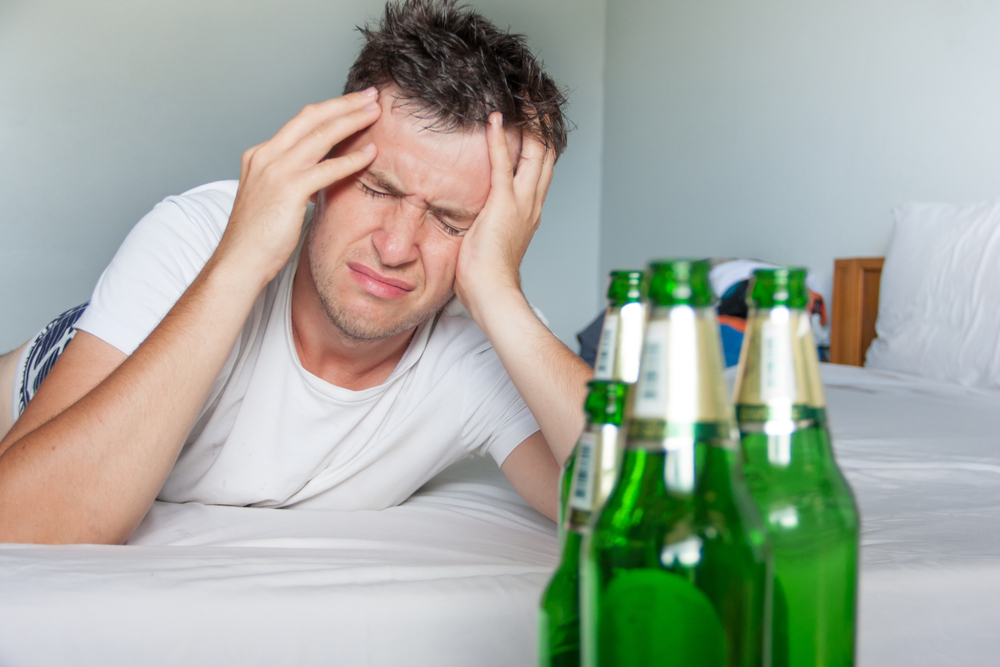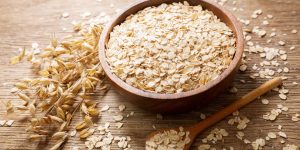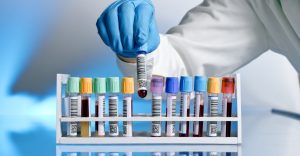The body begins to recover quite quickly.
Others are reading now
Quitting alcohol can have a significant positive impact on both the body and mind.
Many people experience rapid improvements in their physical health, mental well-being, and overall quality of life.
As the body starts to recover, the negative effects of alcohol gradually fade, leading to a healthier and more energetic daily life.
Beyond the immediate benefits, a life without alcohol can also reduce the risk of serious diseases and enhance emotional stability.
Also read
The changes do not happen overnight, but over time, the benefits become more noticeable and long-lasting.
Lower Blood Pressure

When you stop drinking alcohol, your blood pressure often decreases, reducing the risk of cardiovascular diseases.
Alcohol can cause high blood pressure by affecting blood vessel function and increasing stress levels in the body.
After just a few weeks without alcohol, blood pressure can stabilize, lowering the risk of strokes and heart attacks.
Clearer Thinking

Alcohol affects the brain, making it harder to think clearly, remember things, and focus.
When you quit drinking, cognitive functions improve, often leading to sharper thinking and better decision-making.
Many people notice increased productivity and a general sense of mental clarity.
Sleep Issues

Although alcohol may help you fall asleep faster, it disrupts sleep quality by interfering with deep sleep phases.
When you stop drinking, it may take some time for the body to restore a natural sleep rhythm, but over time, sleep becomes deeper and more restorative.
This leads to more energy and better concentration throughout the day.
Increased Fertility

Alcohol can affect fertility in both men and women by disrupting hormone balance and reducing sperm quality.
When you quit drinking, fertility gradually improves, increasing the chances of conception.
Additionally, a healthier lifestyle contributes to more stable hormone production and better reproductive health.
Irritability, Anxiety, and Mood Swings

Alcohol can worsen anxiety, depression, and mood swings, even though it may feel calming in the moment.
When you stop drinking, there may be a period of increased irritability and restlessness, but over time, mood stabilizes, and emotional well-being improves.
Many people also develop a greater ability to handle stress without relying on alcohol’s numbing effects.
Weight Loss
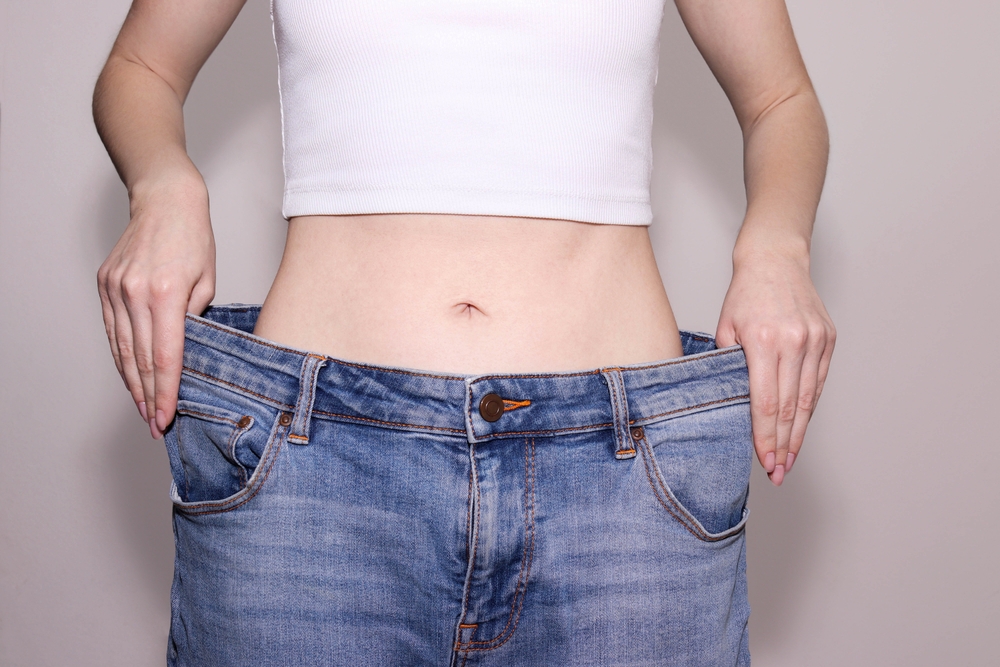
Alcohol contains many empty calories and can contribute to weight gain, especially when combined with unhealthy eating habits.
When you quit drinking, your overall calorie intake often decreases, which can lead to weight loss.
Additionally, cravings for fatty and sugary foods, which often accompany alcohol consumption, are reduced.
Stronger Immune System
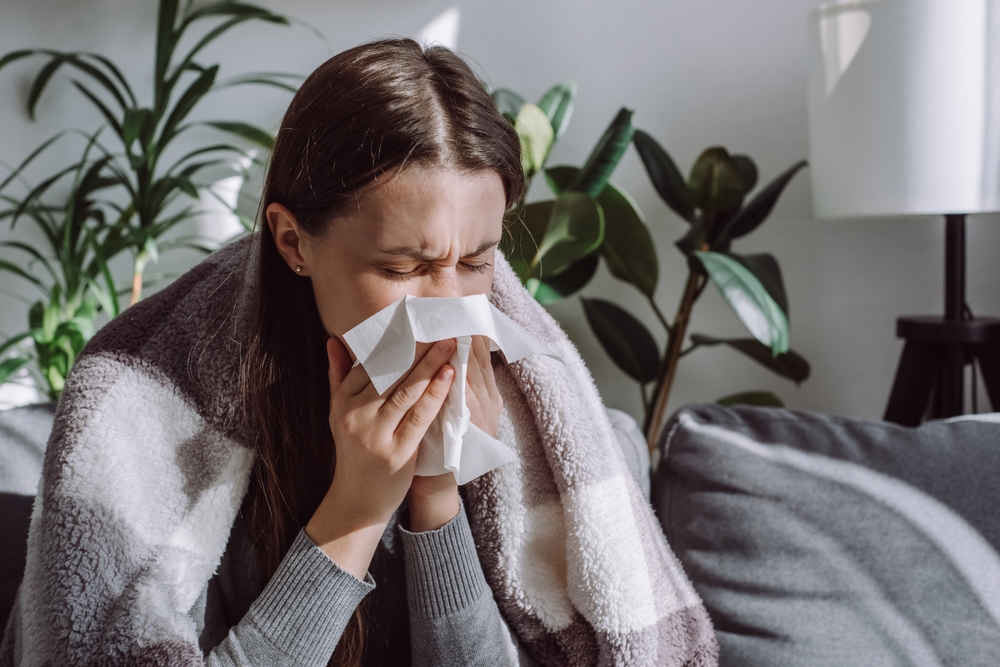
Alcohol weakens the immune system, making the body more vulnerable to infections and illnesses.
By quitting alcohol, the immune system can rebuild itself, making it easier to fight off colds, flu, and other diseases.
Many people find that they get sick less often and recover faster when they do fall ill.
Changes in Mental Health
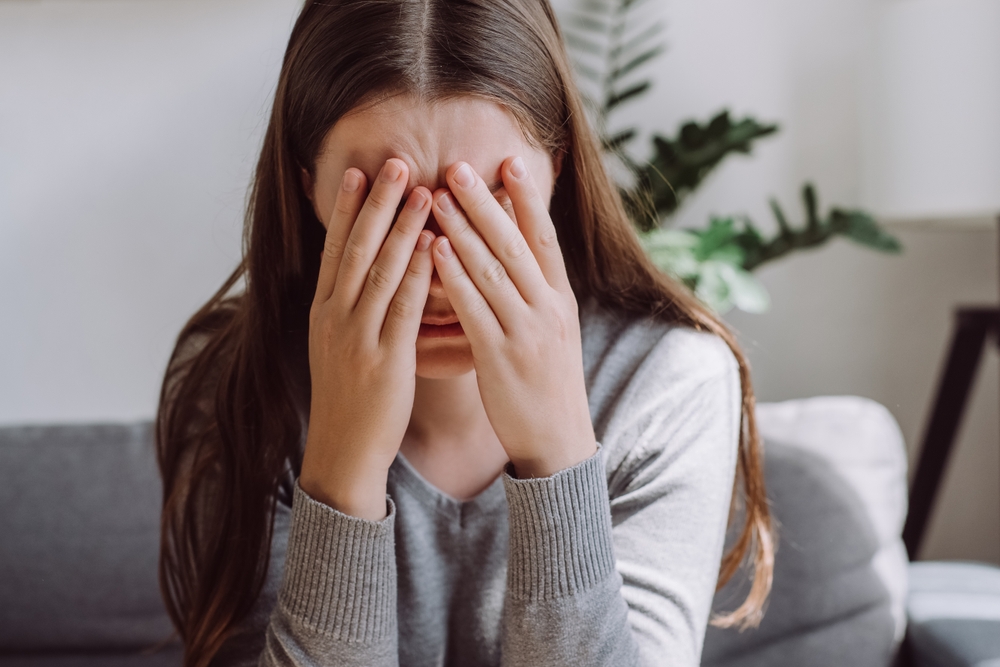
Quitting alcohol can have a significant positive effect on mental health.
Alcohol can worsen anxiety, depression, and stress, whereas sobriety often leads to greater emotional stability.
Many people experience increased confidence, improved self-esteem, and a more positive outlook on life.
Lower Risk of Cancer
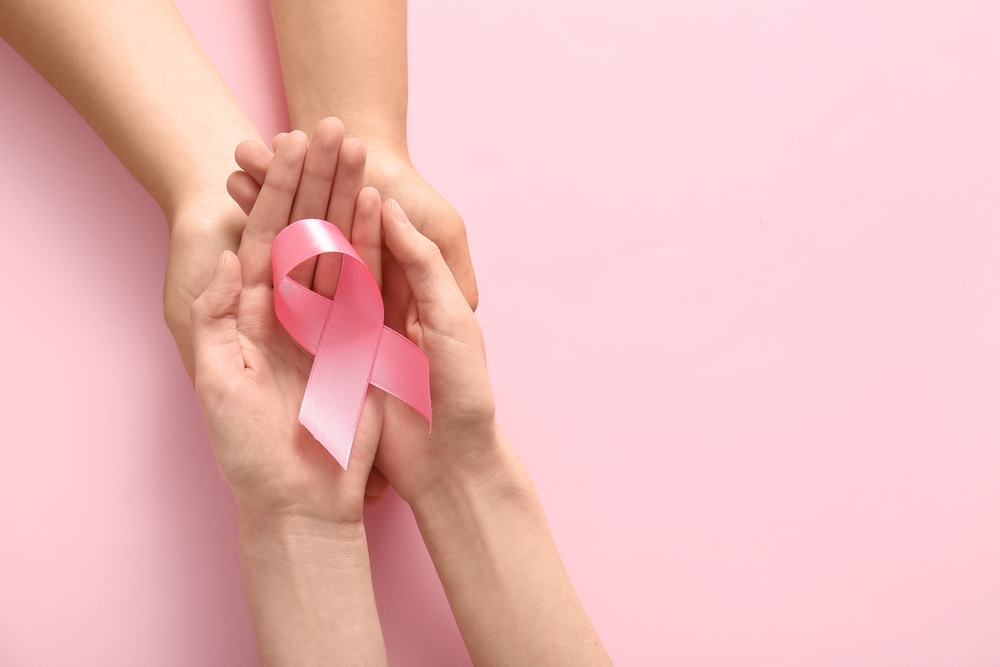
Alcohol is a known risk factor for several types of cancer, including liver, mouth, throat, and breast cancer.
By quitting alcohol, you significantly reduce this risk, as the body is no longer exposed to the harmful substances alcohol breaks down into.
The longer you stay alcohol-free, the greater the protective benefits.
The Liver Begins to Heal
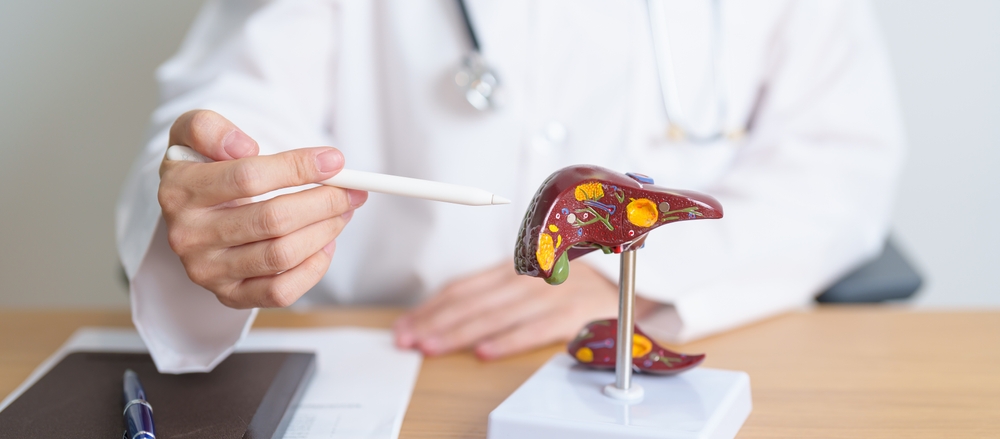
The liver is one of the organs most affected by alcohol consumption, but it fortunately has an incredible ability to regenerate.
When you stop drinking, the liver begins to repair itself, and conditions such as fatty liver can disappear within a few weeks.
This improves the body’s ability to detoxify and process nutrients.
A Healthier Heart

Alcohol can put a strain on the heart by increasing blood pressure, promoting inflammation, and causing irregular heart rhythms.
When you quit drinking, the risk of heart disease decreases, and blood vessels become healthier.
Over time, this leads to improved heart function and a lower risk of serious heart problems.
Changes in Appetite

Many people experience changes in their appetite when they stop drinking.
Some feel less craving for unhealthy snacks, while others may initially experience an increased appetite.
In the long run, appetite stabilizes, and the body finds a healthier balance, making it easier to maintain a nutritious diet.
More Energy

Since alcohol disrupts sleep quality and strains the body, many people often feel tired and fatigued.
When you stop drinking, you typically experience a significant boost in energy levels.
This newfound energy makes it easier to stay physically active and enjoy daily life without the exhaustion that alcohol can bring.
More Money

In addition to the health benefits, a life without alcohol also leads to significant financial savings.
Money that was previously spent on alcohol can instead be used for experiences, healthy food, or other investments in quality of life.
Many people are surprised by how much they save by cutting alcohol out of their budget.

